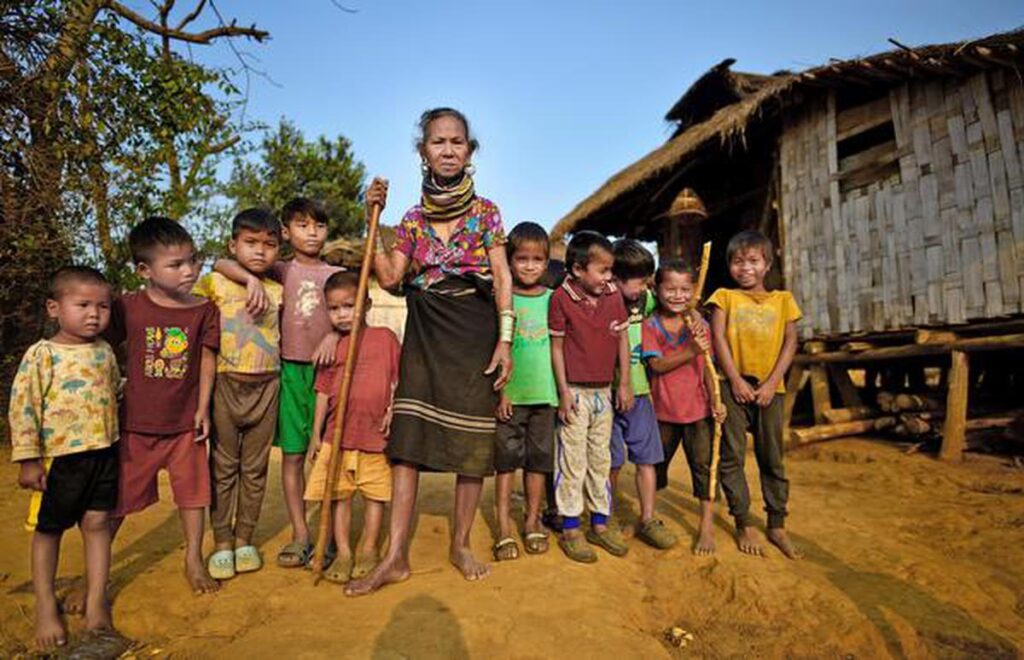Despite being home to a diverse range of indigenous communities, development in Tripura’s indigenous areas has been woefully inadequate. This issue has been a persistent problem for successive governments in the state, with many indigenous communities feeling neglected and overlooked.
One of the main reasons for this neglect is the lack of political will to address the issue. Indigenous areas, particularly those under the Tripura Tribal Areas Autonomous District Council (TTAADC), are often seen as peripheral to the state’s development agenda.
The TTAADC, which was established to provide a platform for the self-governance of indigenous communities, has also been plagued by corruption and mismanagement. Funds earmarked for development projects in the area have often been diverted, leaving many communities without access to basic amenities such as healthcare, education, and sanitation.
Another factor contributing to the neglect of indigenous areas is the lack of infrastructure. Many areas are difficult to access due to poor road networks, which makes it challenging to carry out development projects effectively.
Furthermore, the lack of representation of indigenous communities in the state’s political landscape has also contributed to their neglect. The dominant political parties in Tripura, such as the BJP and CPI(M), have often been accused of neglecting the needs of indigenous communities in favor of their own agendas.
It is essential that the state government recognizes the need to prioritize development in indigenous areas and take concrete steps to address the issue. This can include improving infrastructure, ensuring proper utilization of funds, and increasing the representation of indigenous communities in the state’s political landscape.
The neglect of development in indigenous areas in Tripura has been a persistent problem for successive governments. The lack of political will, corruption, poor infrastructure, and lack of representation of indigenous communities have all contributed to this issue. It is crucial that the state government takes the necessary steps to address this problem and ensure that indigenous communities in Tripura receive the development they deserve.

